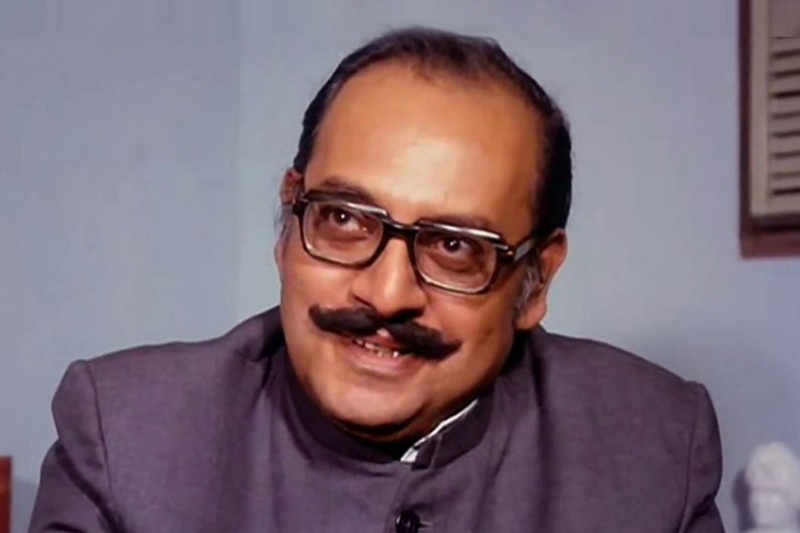
A legendary personality in Indian theater and film, Utpal Dutt is still remembered by viewers as one of the most versatile and significant artists of his day. Utpal Dutt's artistic career was characterized by a passion for acting, a dedication to social problems, and a prolific contribution to both stage and screen. Utpal Dutt was born on March 29, 1929, in Barisal, Bengal (now in Bangladesh). Utpal Dutt, a real icon whose influence on Indian performing arts is immense, is the subject of this piece, which goes into his life and artistic journey.
Early Years and the Start of the Theater
Utpal Dutt's involvement in plays and dramatics during his college years marked the beginning of his love affair with the performing arts. He quickly came to love acting and made the decision to make it his career. He joined the Indian People's Theatre Association (IPTA), a forward-thinking cultural group that supported socially conscious theater, in the 1940s.
Dutt's involvement with IPTA turned into a crucial period in his life, influencing his beliefs and acting technique. His performances in IPTA musicals were distinguished by a strong theatrical presence and a dedication to social themes.
Support for Indian theater
Over the course of his long career in theater, Utpal Dutt gained notoriety for his contributions to the field. He established "The Little Theater Group," his theater company, in 1949 with the intention of fostering experimental and socially significant plays. The company produced a variety of plays, from classics to modern productions, and received praise from the critics as well as a devoted audience.
Dutt's talent as a director was as noteworthy as he oversaw a number of well-received plays and adaptations. He was praised as a theater master for his ability to capture the soul of a character and get exceptional performances from his performers.
Changing to a movie
Utpal Dutt had a huge impact on Indian cinema even though he was best known for his stage work. He made his acting debut in the 1950 movie "Michael Madhusudan" and over time rose to prominence as a character actor. His versatility as an actor was demonstrated by his ability to switch between serious and humorous roles with ease.
His filmography gained further complexity as a result of Dutt's collaborations with eminent directors like Satyajit Ray, Mrinal Sen, and Hrishikesh Mukherjee. His performances in some of his well-known films, such as "Bhuvan Shome" (1969), "Gol Maal" (1979), and "Rang Birangi" (1983), were praised by critics and viewers alike.
Influence on politics and society
In his theater and film work, Utpal Dutt's commitment to social and political themes was clear. He boldly challenged the status quo and pushed for social change by using his artistic platform to speak out on important societal concerns. His performances were infused with a social conscience that had a significant effect on the audience.
One that Will Last
The artistic career of Utpal Dutt continues to serve as a brilliant illustration of how the performing arts can both inspire audiences and impact change. He became an iconic figure in Indian culture because of his dedication to theater and film as well as his unwavering support for social problems.
Utpal Dutt's timeless performances and the significant impact he had on Indian theater and film continue to bear witness to his legacy even after his dying on August 19, 1993.
The Irani Sisters of Bollywood
A Legendary Star of Indian Cinema, Biswajit Chatterjee
Anu Aggarwal's Bollywood Journey: From Rising Star to Mystical Transformation